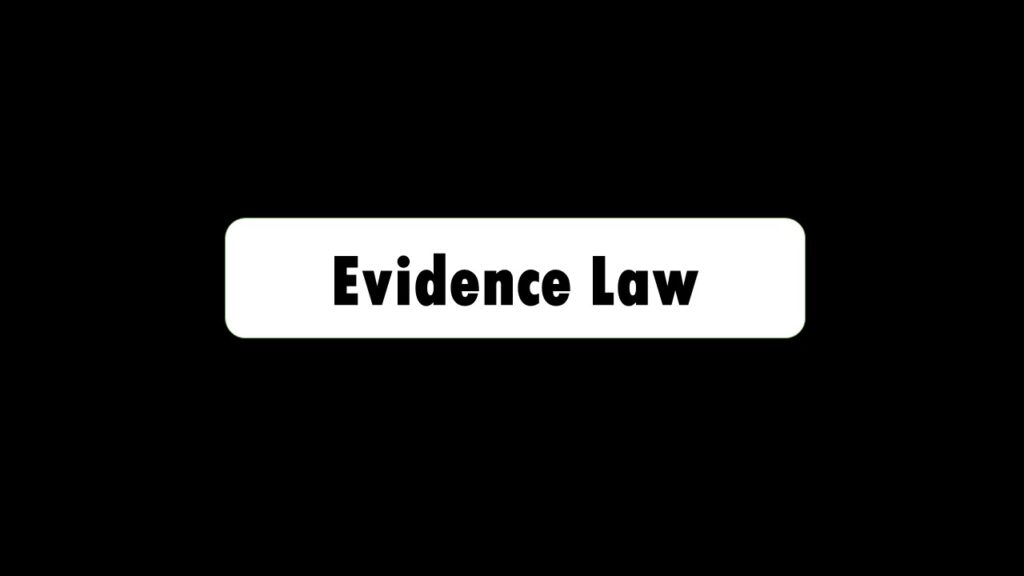Rajinder Pershad (Dead) by L.rs. vs. Darshana Devi [AIR 2001 SC 3207]: Supreme Court of India
If you dispute the correctness of the statement of a witness you must give him opportunity to explain his statement by drawing his attention to that part
3. There is an
age old rule that if you dispute the correctness of the statement of a witness
you must give him opportunity to explain his statement by drawing his attention
to that part of it which is objected to as untrue, otherwise you cannot impeach
his credit. In State of
U.P. v. Nahar Sing (dead) and Ors., [1998] 3 SCC 561, a Bench
of this Court (to which 1 was a party) stated the principle that Section 138 of the
Evidence Act confers a valuable right to cross-examination a witness tendered
in evidence by opposite party. The scope of that provision is enlarged by Section 146 of the
Evidence Act by permitting a witness to be questioned, inter alia, to test his
veracity. It was observed:
“The oftquoted observation of Lord Hershell, L.C. in Browne v. Dunn clearly elucidates the principle underlying those provisions. It reads thus : “I cannot help saying, that it seems to me to be absolutely essential to the proper conduct of a cause, where it is intended to suggest that a witness is not speaking the truth on a particular point, to direct his attention to the fact by some questions put in crossexamination showing that that imputation is intended to be made, and not to take his evidence and pass it by as a matter altogether unchallenged, and then, when it is impossible for him to explain, as perhaps he might have been able to do if such questions had been put to him, the circumstances which, it is suggested, indicate that the story he tells ought not to be believed, to argue that he is a witness unworthy of credit. My Lord, I have always understood that if you intend to impeach a witness, you are bound, whilst he is in the box, to give an opportunity of making any explanation which is open to him; arid, as it seems to me, that is not only a rule of professional practice in the conduct of a case, but it is essential to fair play arid fair dealing with witnesses”.
